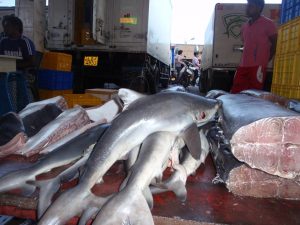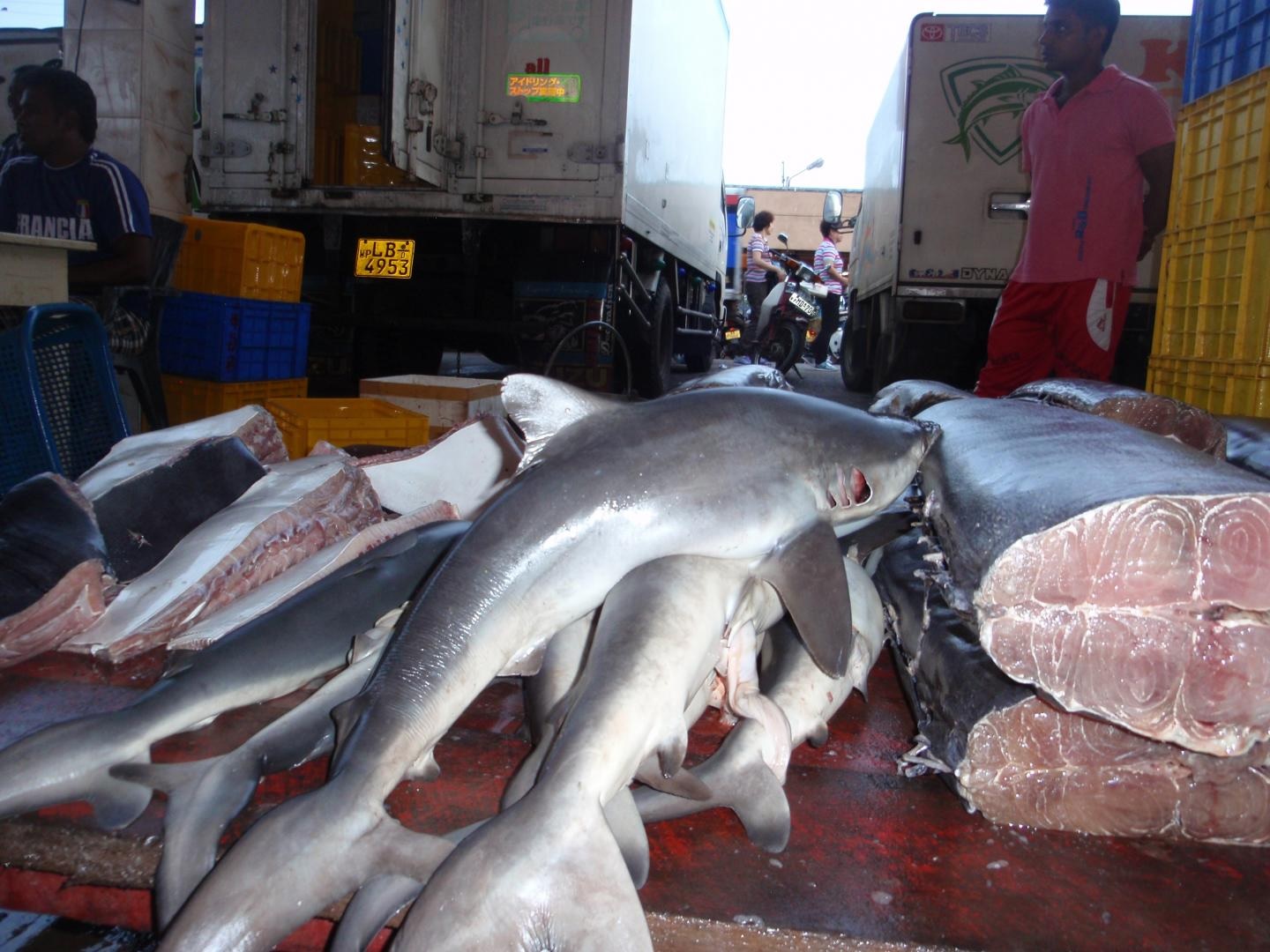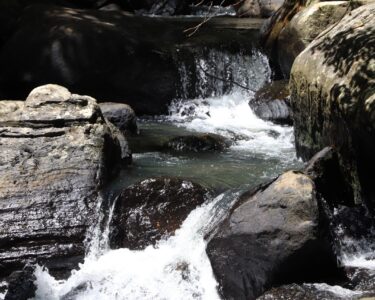According a recent study Sri Lanka is among the regions where illegal shark fishing takes place .

In an analysis carried out by by TRAFFIC and WWF-India almost 16,000 kg of shark fins were seized between January 2010 to December 2022. They constituted the most common shark-derived product seized, reported in over 80% of the seizures. Significant volumes of shark cartilage and teeth were also seized.
“Netted in illegal wildlife trade: Sharks of India”, a new factsheet released cautions about India’s illegal shark trade and highlight ongoing threats and conservation concerns.
Tamil Nadu accounted for nearly 65% of the shark seizure incidents, followed by other states such as Karnataka, Gujarat, Kerala, and Maharashtra. The confiscated products were destined for Singapore, Hong Kong Special Administrative Region, Sri Lanka, and mainland China.
The demand for shark fins and meat is a major driver of the global shark fishery. Shark fins are the most sought-after shark product used to make ‘shark-fin soup,’ a delicacy”
Sharks and Eco System
Dr Merwyn Fernandes, Associate Director of TRAFFIC’s India Office said:
“Other shark products are also in demand, albeit to a lesser extent. Shark’s meat is consumed as food; skin as leather; liver oil (squalene) as a lubricant, in cosmetics and as a source of vitamin A; cartilages for chondroitin sulphate extraction in the preparation of medicines and jaws and teeth for making curios”, he further added.
Sharks are crucial to our ecosystem. Being top predators in the oceanic food web, sharks prey on various species, including plankton, fish, crustaceans and marine mammals. Overfishing, coupled with low biological productivity, puts them at a higher risk of extinction when compared to most other vertebrates.

Of 160 shark species reported in India, only 26 sharks and rays have been given the highest protection status under the amended Wild Life (Protection) Act 1972 by listing them in Schedules I and II.
Illegal shark trade is a serious conservation threat to sharks not just in India but globally. Mis declaring relevant species on permits is one of the main ways sharks are traded illegally worldwide. The lack of capacity to identify the shark fins against numerous potential shark species in trade is a significant gap in curbing their illicit trade. Insufficient monitoring mechanisms further make it challenging to differentiate between legal and illegal trade of sharks”. said the report







